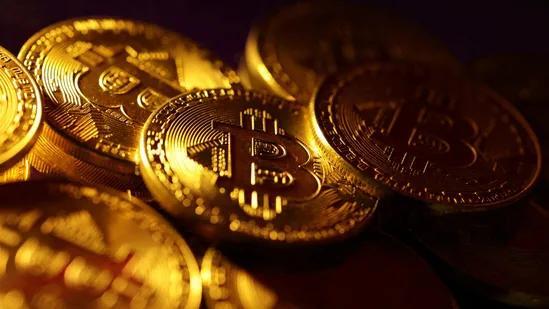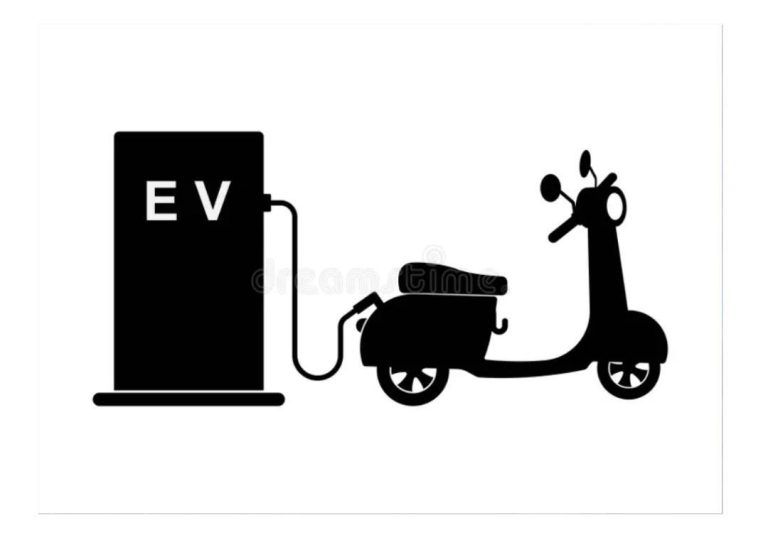
Income Tax Bill may consider crypto as ‘undisclosed income’ during searches
The Indian government has been actively exploring ways to regulate the rapidly growing cryptocurrency market in the country. In a recent development, reports suggest that the new Income Tax Bill is likely to consider virtual digital assets (VDAs) like cryptocurrency as “undisclosed income” during searches. This category already includes money, bullion, and jewellery. The news has sent shockwaves through the crypto community, with many investors wondering what this move could mean for their digital assets.
For those who may be new to the world of cryptocurrency, VDAs refer to digital representations of value or contractual rights that can be digitally transferred, stored, or traded. Cryptocurrencies like Bitcoin, Ethereum, and others fall under this category. These digital assets have been gaining popularity globally, with many investors seeing them as a new and exciting way to diversify their portfolios.
The Income Tax Bill, which is reportedly still in its draft stage, has not made any changes to taxing VDAs. Any income from the transfer of these assets will still attract a 30% tax. However, the inclusion of VDAs as “undisclosed income” during searches has raised concerns among investors. This move could potentially lead to increased scrutiny and audits by the tax authorities.
So, what does this mean for crypto investors in India? For starters, it’s essential to understand that the taxman’s gaze is not necessarily a bad thing. The Income Tax Department has been cracking down on tax evasion and undeclared income in recent years, and this move could be seen as a step towards bringing more transparency to the crypto market.
However, the inclusion of VDAs as “undisclosed income” during searches could lead to increased scrutiny of crypto transactions. The tax authorities may ask investors to provide detailed records of their crypto transactions, including the source of the funds and the purpose of the transactions. This could be challenging for investors who have been using cryptocurrencies for legitimate purposes, such as buying goods and services or investing in other assets.
Another concern is that the tax authorities may view cryptocurrency transactions as a way to launder money or evade taxes. This is despite the fact that many cryptocurrencies, such as Bitcoin, are designed to be transparent and traceable, with all transactions recorded on a public ledger called the blockchain.
The government’s move to consider VDAs as “undisclosed income” during searches could also have implications for the growth of the crypto market in India. The country has been trying to promote fintech and digital payments, and the crypto market has been seen as a key driver of this growth. However, if the tax authorities become too aggressive in their approach, it could discourage investors from using cryptocurrencies, which could have negative consequences for the overall economy.
In conclusion, while the inclusion of VDAs as “undisclosed income” during searches may seem like a move to crack down on tax evasion, it’s essential to consider the broader implications for the crypto market and the economy as a whole. The government needs to strike a balance between promoting transparency and encouraging innovation in the fintech sector.






